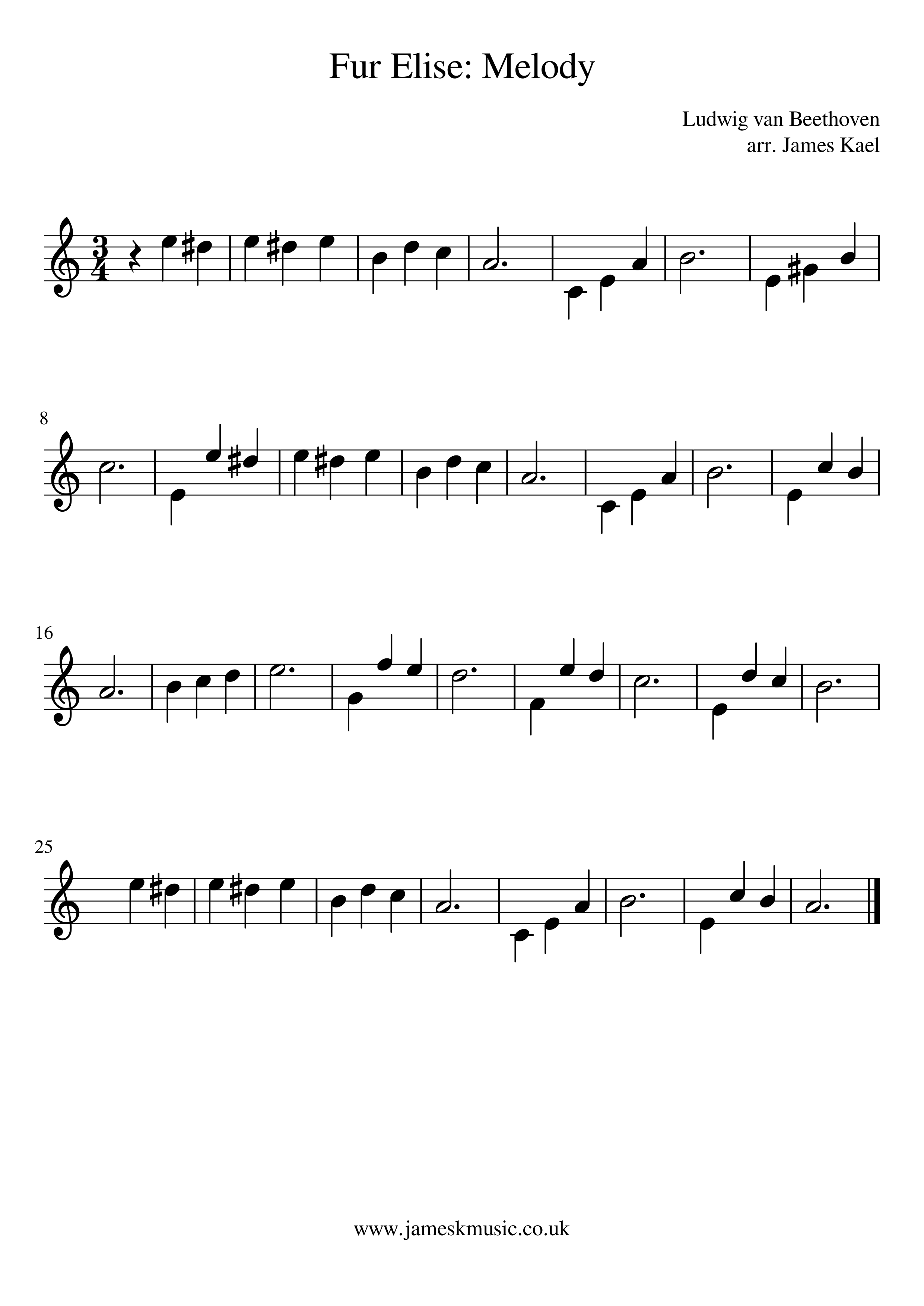If you’re reading this page I assume you are at least mildly interested in learning to play the piano, or for your child to learn the piano, and maybe want to know a bit more about what it involves and what you can hope to achieve. The answer to both questions is “a lot” but I will try to give a brief overview of the instrument, its music and why you should give it a go.
About the piano
The piano was invented around the year 1700 by Bartomeleo Cristofori, and developed over the next 200 years or so to the instrument we now know and love. It drew composers like Mozart and Beethoven because they could do so much more than they could with earlier keyboard instruments like the harpsichord. Today it is used by musicians in every concievable genre all over the world.
Why should I learn the piano?
There is a reason so many people have put the time and effort into learning to play the piano: it is a wonderful instrument and there is a joy in making music that cannot be fully expressed in words. Some people live for performing; others want to be able to do something that’s just for them without the rest of the world’s eyes on them. The piano caters to both – it does not require an accompanist to flesh out a piece and can produce complex harmonies and intertwining rhythms all on its own, while also functioning well as an ensemble instrument and providing many opportunities for collective music-making.
What can I learn?
The range of piano music available is so vast that it would be impossible for someone to be unable to find any type of music they enjoy playing. I use the Piano Adventures tutor books as a starting point (Primer, Accelerated or Adult depending on age and prior musical experience) and branch out into more standard repertoire as the student progresses. I primarily teach classical music as that is my own background and the skills learned from classical pieces provide a great foundation for exploring other styles, but students are encouraged to seek out pieces of any musical genre that inspire them and make them want to rush to the piano every day. More difficult pieces can usually be adapted to suit the player’s level – Beethoven’s Für Elise is an intermediate level piece in its entirety, below is an arrangement of the first section I made for a student who had been learning for about 6 months.

Für Elise (beginner version)
This version uses only the treble stave and puts the few left hand notes on the same stave (stems pointing down). Both hands stay in a 5-finger position almost all the way through, there is one brief shift in the right hand to reach the high F. The time signature has been changed to 3/4 to avoid the use of quavers or semiquavers.
How long does it take?
There is no real answer to the question “how long will it take me to learn the piano/finish this book/pass Grade X?” Progress is very much an individual path which never goes in a straight line – there will be times where you feel you’ve become stuck at a certain point or are even moving backwards but these plateaus are only temporary. Students are sometimes discouraged when they feel they are progressing slowly or that they are still struggling with ‘easy’ material after a few months – I tell them that if they could already play the piano perfectly then they wouldn’t be paying me to teach them!
As “it depends” is not a particularly satisfying or helpful answer I have recorded myself playing some pieces at various levels to give an indication of what students might be working on after a few months or years. Examples from exam lists are used as a simple way of showing relative difficulty; taking exams (either live or recorded) is entirely optional. It might take you less time to get to that point, or it might take you a lot longer, but as long as you keep practising carefully and regularly you will improve.
6-12 months (Initial)
2 years (Grade 1)
3-4 years (Grade 3)
5-6 years (Grade 5)
I'm convinced, when can I start?
Go to the Contact page to find my details, fees and teaching hours. I look forward to hearing from you.